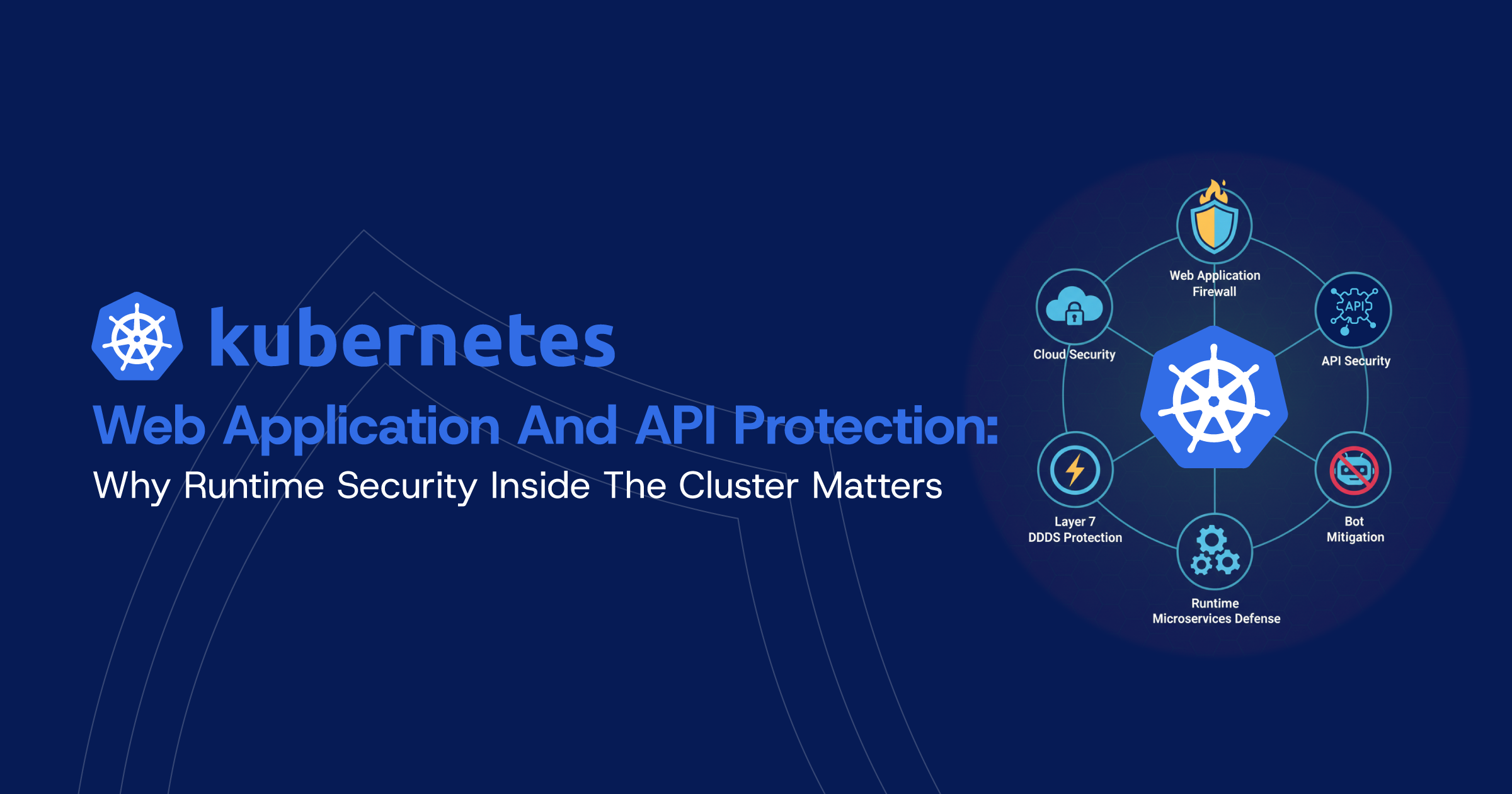Why Mutual TLS Matters More Than Ever in 2025
Mutual TLS (mTLS) is a strong variant of Transport Layer Security that offers bidirectional authentication. While in Traditional TLS, only the server is authenticated, in Mutual TLS, both the client and server must show valid digital certificates. This makes for a very secure connection suitable for APIs, IoT devices, Zero Trust networks, and microservices.
As API traffic explodes across fintech, healthcare, IoT, and SaaS platforms, organizations must evolve from simple HTTPS encryption to identity-driven API security — and that’s where Mutual TLS comes in.
What Is Mutual TLS (mTLS) and How Does It Work?
Mutual TLS (mTLS) is a protocol extension of Transport Layer Security that enables two-way authentication between systems. Both the client and server present valid X.509 certificates issued by trusted Certificate Authorities (CAs), ensuring bidirectional trust.
This mechanism creates a cryptographically secure channel that validates identities before any data transmission begins. It’s particularly effective in high-assurance environments such as API-to-API communications, microservices, and Zero Trust implementations.
How does a Mutual TLS handshake work?
The mTLS handshake is a cryptographic process that verifies both client and server identities before establishing a secure channel.
Step-by-Step mTLS Handshake:
- ClientHello – Client sends supported TLS version and cipher suites.
- ServerHello + Certificate – Server responds with selected ciphers and its certificate.
- CertificateRequest – Server requests client’s certificate.
- ClientCertificate – Client provides its digital certificate.
- ClientKeyExchange – Encrypted session key shared using server’s public key.
- CertificateVerify – Client signs previous handshake data.
- Finished – Both sides confirm and start encrypted communication.
This handshake forms the basis of all secure API calls by offering cryptographic confirmation of identity.
Traditional TLS vs. Mutual TLS: Quick Comparison
Why is client certificate validation important?
Client Validation is important due to the following reasons :
- Impersonation & Spoofing : Only clients with valid certificates (issued by trusted Certificate Authorities) are allowed.
- Unauthorized Access : No more risks from leaked API tokens or stolen credentials.
- Man-in-the-Middle Attacks : Cryptographic handshake ensures nobody can hijack the session.
- Zero Trust Enforcement : Every connection must prove identity — no implicit trust allowed.
Where Is Mutual TLS Used?
Mutual TLS is widely adopted in secure and regulated environments, especially where API-to-API trust must be cryptographically enforced.
Common Use Cases for Mutual TLS:
- API-to-API Communication: Makes sure that only trusted services can access internal APIs, eliminating risks of API misconfiguration.
- IoT Device Authentication: Devices do not have secure storage of credentials. Mutual TLS authenticates them, preventing exposure to shadow APIs.
- Microservices & Service Meshes: Solutions such as Istio, Dapr, and SPIFFE utilize Mutual TLS to provide mutual authentication of each service’s API endpoint.
- B2B Integrations: Financial and health systems utilize Mutual TLS to limit access to known partners.
- Cloud Load Balancers: Several Cloud Load balancing applications support Mutual TLS for client validation in front-end clients.
How Mutual TLS Supports Zero Trust API Security
Zero Trust assumes that no user, device, or system is inherently trusted. Mutual TLS helps enforce this model by delivering:
Key Zero Trust Capabilities:
- No implicit trust — All connections are certified or authenticated.
- Least privilege — Clients with invalid certificates are blocked.
- Granular access — you can limit access through certificate fields such as CN or TTL.
Combining mTLS with behavior-based monitoring helps detect anomalies even after authentication.
Best Practices for Implementing Mutual TLS
To fully leverage the security benefits of mTLS, follow these proven strategies:
- Automate certificate management – Eliminates human error and enforces timely rotation.
- Enable revocation checks – Catch usage attempts on compromised certs.
- Audit and monitor usage – Stops potential API data breach.
- Shorten certificate lifespans – Limits the effect of stolen or leaked certs, stopping excessive data exposure.
- Secure client cert forwarding – Avoids abuse by downstream systems.
Common Challenges in Implementing mTLS
While mTLS is powerful, it also comes with implementation challenges:
- Certificate Management: Provisioning, rotating, and revoking certificates can be operationally complex without the right tooling.
- Performance Overhead: The handshake process is more intensive compared to traditional TLS.
- Compatibility: Not all API clients support mTLS out of the box.
- Scalability: Large-scale deployments need automation frameworks to manage mTLS at scale.
mTLS vs Other Authentication Methods
Lets take a look at the differences between them :
In contrast to OAuth, Mutual TLS offers explicit, cryptographic identity authentication for protected backend systems.
How to Set Up Mutual TLS on Popular Platforms
Some of the ways Mutual TLS is set up on platforms are :
- Cloudflare API Shield – Dashboard-driven mutual TLS and client cert rules.
- AWS Application Load Balancer – offers mutual TLS passthrough and verification.
- Azure App Service – Facilitates client certificate validation and header forwarding.
- ngrok – Utilizes client certs for secure tunnels with custom CAs.
- Istio / Dapr / Linkerd – Service meshes utilize mutual TLS internally to secure all workload traffic.
These arrangements also minimize attack surfaces for API fuzz testing, which targets parsing vulnerabilities.
How to Monitor and Audit mTLS Connections
The ways to monitor and audit Mutual TLS connections are :
- Log certificate metadata – Monitor CN, SAN, and issuer information.
- Analyze TLS metrics – Survey handshake success/failure and latency.
- Detect revoked cert use – Stay vigilant on rejected or expired cert attempts.
- Perform regular reviews – Rotate root and intermediate CAs, aligning with strong API monitoring practices.
How Prophaze Secures APIs Using Mutual TLS
Prophaze enables full-scale Mutual TLS integration with:
- End-to-end mutual authentication at the gateway level
- Automated certificate provisioning and rotation using internal or external CAs
- Access policies based on certificate metadata, such as CN, TTL, or SAN
- Revocation checks and certificate transparency logging
- Built-in Zero Trust principles that prevent all unauthenticated API traffic
This also guards against sophisticated attacks such as API injection, API honeypots, and DoS attacks targeting APIs.
Why Mutual TLS Is Non-Negotiable in 2025
Mutual TLS turns encrypted connections into authenticated, trusted channels. It’s the foundation for constructing secure systems in a world where machine-to-machine communication is used everywhere and is imperative.
Adopting mTLS now is essential to:
- Meet compliance
- Eliminate unauthorized access
- Secure APIs against automated attacks
By pairing robust certificate verification with intelligent infrastructure decisions, mutual TLS defends against the way APIs are compromised, or in a simple way, it helps defend against APIs that get hacked, and makes APIs both encrypted and identity-checked a requirement for every modern API strategy.


























